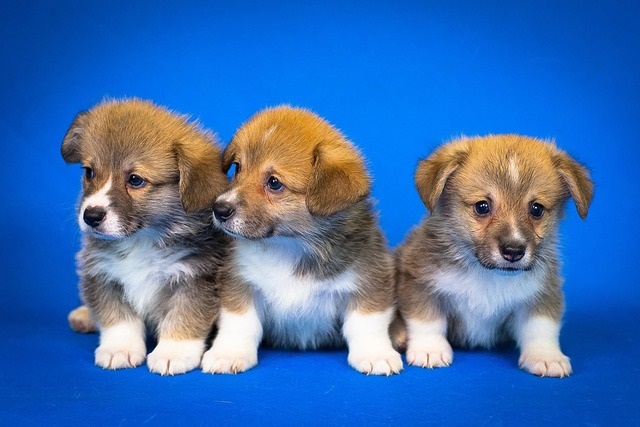
How can I tell if my dog's heatstroke is serious
Let’s be real: It’s a sticky August morning in Los Angeles, and you took your 2-year-old Golden Retriever, Max, for a walk a little later than usual
Picture refilling your dog’s water bowl twice a day—then noticing they empty it hourly. Sudden thirst isn’t just a quirk; it can signal underlying issues. Let’s explore the why behind increased drinking with vet insights and real pet stories, blending science with practical advice.
Medical conditions top the list of causes. My neighbor’s Labrador, Buddy, started gulping water overnight—turns out he had diabetes. "Excessive thirst (polydipsia) often accompanies health problems," her vet said. Blood tests confirmed high blood sugar levels.
Kidney disease commonly triggers increased drinking. When my 12-year-old Retriever, Max, began drinking non-stop, a vet found reduced kidney function. "Failing kidneys can’t concentrate urine," she explained. Medication and a special diet helped manage his thirst.
Cushing’s disease affects hormone balance. A friend’s Poodle, Bella, drank like a fish alongside hair loss. "Adrenal gland dysfunction causes extreme thirst," the vet said. A cortisol test confirmed Cushing’s, treatable with medication.
Environmental factors matter too. During a heatwave, my Aussie mix, Koda, drained his bowl daily. "Dogs pant to cool off, losing moisture," a trainer notes. Adding ice cubes to his water and keeping him indoors helped.
Dietary changes can spark thirst. When I tried a new, salty treat, Max drank more. "High sodium content dehydrates dogs," my nutritionist warned. Checking labels for AAFCO-approved, low-sodium formulas solved the issue.

Medication side effects often cause thirst. Buddy’s arthritis meds made him extra thirsty. "Some drugs increase urine production," his vet said. Adjusting the dosage and monitoring water intake helped.
Dental pain may lead to more drinking. Max avoided food but drank often before his dental cleaning. "Mouth pain makes swallowing hard—water soothes," the vet explained. A clean bill of oral health reduced his thirst.
Young puppies naturally drink more. My neighbor’s 4-month-old Shepherd, Luna, seemed thirsty but was just growing. "Puppies need more fluids for development," her breeder said. Monitoring her intake (1 oz per pound daily) eased concerns.
Behavioral causes exist too. Anxious dogs may drink out of stress. When I left for a week, Koda overdrank from separation anxiety. "Stress affects the body’s fluid balance," a behaviorist said. A pheromone diffuser and gradual desensitization helped.
Dehydration from exercise or travel. After a long hike, Koda always drinks extra. "Physical activity depletes fluids," a trainer says. Offering small sips post-exercise prevents gulping.
Local animal welfare laws emphasize care. In the EU, ignoring excessive thirst from untreated illness is illegal; in the US, some states require prompt veterinary attention. "Addressing thirst is a legal and ethical duty," a lawyer friend notes.
Home monitoring tips: track water intake daily. Use a marked bowl to measure how much your dog drinks. "Normal is 1–2 oz per pound daily," my vet says. Sudden spikes (over 3 oz per pound) warrant a checkup.
Never ignore sudden thirst changes. For Max, early detection of kidney issues extended his quality of life. "Your dog can’t tell you they’re sick—listen to their thirst," my vet advises. With quick action, you can keep your pup happy and hydrated for years to come.

Let’s be real: It’s a sticky August morning in Los Angeles, and you took your 2-year-old Golden Retriever, Max, for a walk a little later than usual

You're enjoying a summer afternoon at the park when you notice your dog has stopped panting and appears disoriented - their gums are bright red

Let’s paint the picture: You’re in your Denver apartment, watching your 4-year-old Boston Terrier, Ruby, plop down mid-play session with her favorite toy

Many dog owners notice their pets nails seem shorter after regular walks,but how much does this daily activity actually help?The answer depends on where you walk—concrete sidewalks or asphalt streets gently file nails as a dog's paws hit the ground

Most dog owners notice their pup scooting across the carpet at some point, but few connect it to impacted anal glands. These small sacs near a dog’s rectum secrete a scent for marking territory

Most vets agree that regular dog teeth cleaning is key to avoiding painful dental issues later. For healthy adult dogs, a professional cleaning at the vet’s office every 12 to 18 months usually works well.